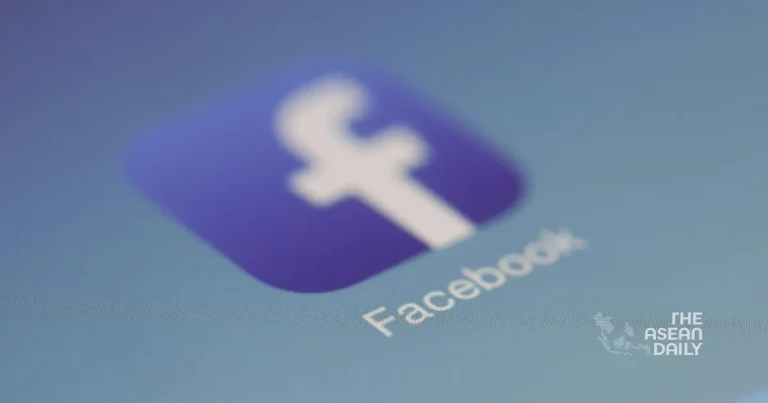16-7-2024 (KUALA LUMPUR) In a move prompted by the tragic death of a social media influencer suspected to be a victim of cyberbullying, the Malaysian government has announced plans to criminalize cyberbullying and hold internet service providers accountable for online security matters. This decision comes just two weeks after the heartbreaking incident involving beauty content creator and positivity influencer Rajeswary Appahu.
On July 5, the 29-year-old Appahu was found dead in her home, a day after she had filed a police report claiming she had received death and sexual assault threats online. The devastating event has sparked outrage and prompted the government to take decisive action against the growing menace of cyberbullying.
In separate court proceedings in Kuala Lumpur on Tuesday, two suspects pleaded guilty to posting offensive remarks on TikTok against Appahu, who was also a Hindu rights activist. Truck driver B Sathiskumar pleaded guilty to a count of making obscene remarks with the intention of hurting others, while Shalini Periasamy admitted to using vulgar language to incite anger and disturb peace by posting threatening videos towards Appahu on her TikTok account.
Law Minister Azalina Othman Said has revealed that the government is in the process of drafting amendments to the country’s penal code to include specific provisions on cyberbullying, as current laws do not provide sufficient legal protection for victims of this growing menace.
“The proposed amendments, besides providing an interpretation of cyberbullying, will classify cyberbullying as a specific offence in Malaysia,” Azalina stated.
Furthermore, authorities are also drafting a new law that would place the burden of responsibility on online service providers to manage security issues and cyberbullying, specifically on harmful content that involved child victims. The proposed law would grant authorities the power to “protect all internet users, especially children,” the minister said.
Appahu, who went by the name Esha on her TikTok channel, had reportedly complained of persistent abuse on the social media platform, including being harassed by viewers during a live session she had hosted. Police revealed that a man had filed a separate report after Appahu’s death, regarding two TikTok posts from different accounts that allegedly levied accusations and threats against the influencer.
The issue of cyberbullying has also been a topic of discussion in the Malaysian parliament, where members of parliament (MPs) pointed out how cyberbullies were not held accountable for offensive posts that could lead to suicides, as in the alleged case of Appahu, and demanded that the government and authorities take swift action.
According to Communications Minister Fahmi Fadzil, about 10 cyberbullying cases were reported each day in Malaysia from 2022 to July 9 this year, highlighting the alarming prevalence of this issue.
Prime Minister Anwar Ibrahim’s administration has grappled with the rise of potentially divisive online content in the aftermath of the 2022 election that brought a formidable Malay nationalist minority bloc into parliament. The government has since pressured social media giants such as Meta, which owns Facebook and Instagram, and TikTok to develop plans on clamping down on offensive content relating to sensitive issues of race, religion, and royalty.




